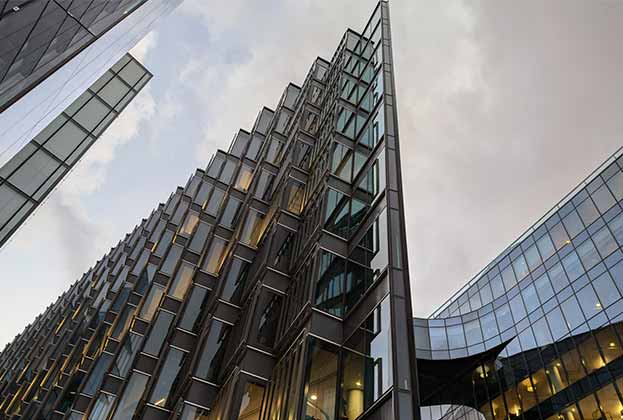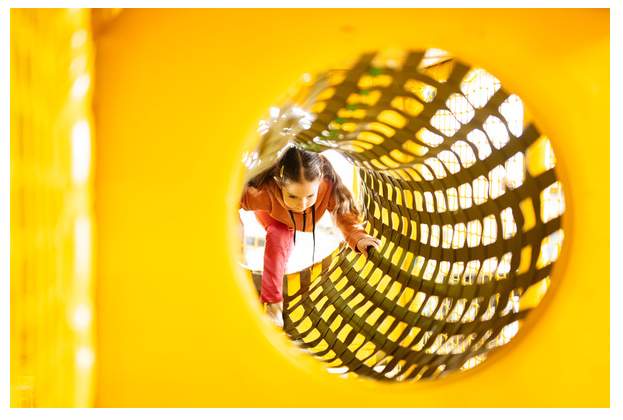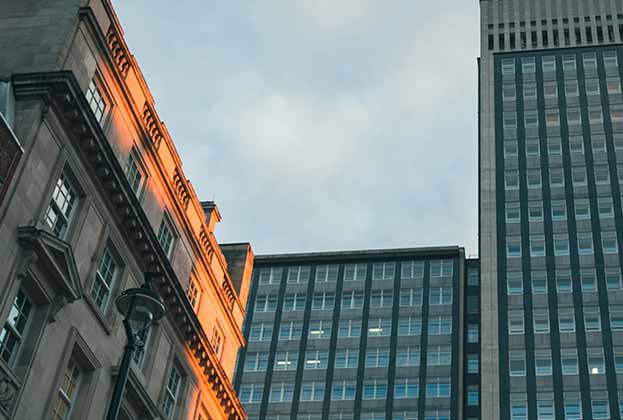Glasgow has a long history of transformative cultural policy, with the cultural, heritage and creative sectors now one of the region’s key strengths. Looking forward, Glasgow is expected to see both a 12 per cent growth in GVA and employment in its arts and entertainment sectors over the next ten years, according to Oxford Economics, with over 30,000 people currently working in the city's cultural and creative industries.
Along with being named a UNESCO City of Music, the Royal Conservatoire of Scotland has appeared seven times in the QS World University Rankings of the top ten places to study performing arts since the ranking was established in 2016. Glasgow's commitment to inclusivity and diversity is demonstrated through events like the Mela Festival and LGBTQ+ Pride celebrations, which sends a powerful welcoming message to global talent. The Glasgow School of Art is world renowned, and the city has attracted Banksy for his fist exhibition in 14 years.
Glasgow's cultural and leisure amenities, from its iconic museums to its street art and music scene, offer a good quality of life, but a city's culture also speaks volumes about its values and Glasgow's cultural scene plays a pivotal role in the city – particularly in place branding and significantly influences its ability to attract and retain talent. It is those spaces between the places which bring that ‘buzz’ that defines Glasgow. A hospitable environment encourages individuals from various backgrounds to contribute their unique perspectives, enriching the city's talent pool.
The city's reputation as a cultural hub with a forward-thinking and inclusive approach can be leveraged by office developers and landlords in marketing their properties. Its vibrancy contributes to the city's positive image, which can be appealing to businesses looking to establish a presence in a dynamic and culturally rich environment.
The city's entrepreneurial and creative spirit has ignited a surge in startups and tech companies. Glasgow's startup ecosystem benefits from incubators, accelerators, and co-working spaces that provide resources, mentorship, and funding. This environment encourages risk-taking, experimentation, and the development of disruptive technologies. Bruntwood SciTech’s new vision for the Grade B-listed Met Tower is to transform it into a commercial hub where tech and digital university spin outs, start-ups, scale-ups and high-profile tech businesses can co-locate and benefit from being part of an innovative and collaborative tech cluster.
Others are likely to follow Bruntwood’s lead, as Glasgow’s dynamic and diverse cultural scene, commitment to inclusivity, collaborative opportunities, and emphasis on quality of life continue to establish it as an exemplary model for harnessing cultural influences to drive economic and social progress. The city not only has a strong alignment between the public sector, the academic sector, and the private sector but also that cultural buzz to attract and keep the talent. That’s a key recipe for success.
Further information
Contact Clare Bailey
Scottish Property Outlook – Glasgow 2023

.jpg)

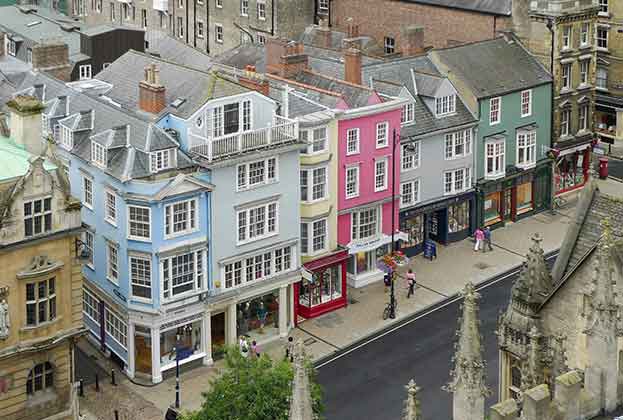
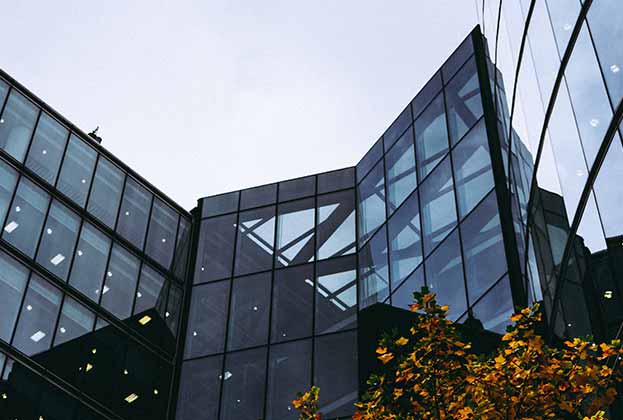
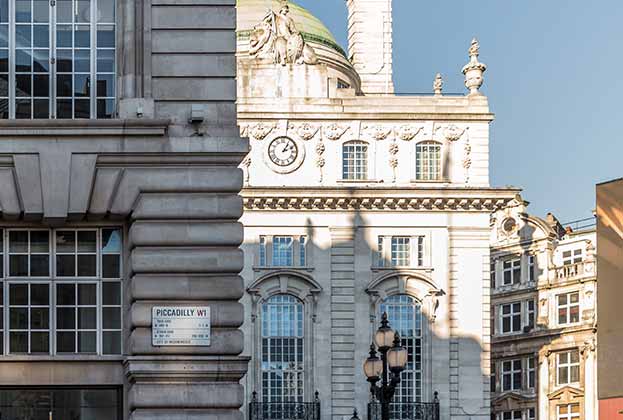
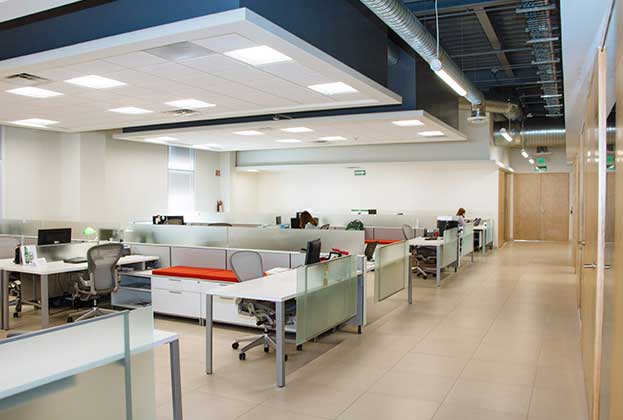
.jpg)
